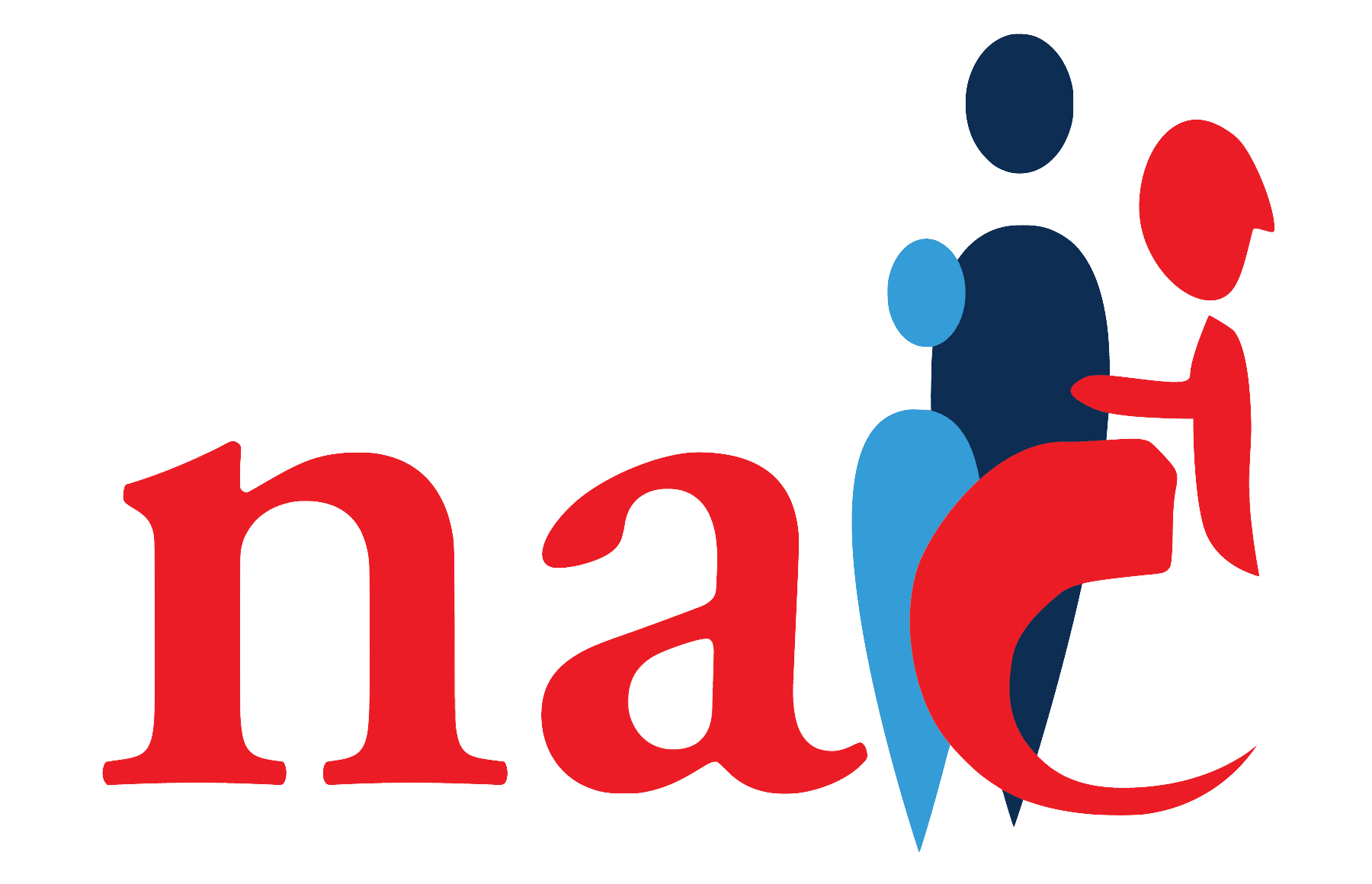Nia has been a caregiver for her husband since 2019. Her husband has been diagnosed with heart failure, hypertension, diabetes, kidney failure, high cholesterol, and is blind. Nia was engaged when her husband’s health began failing, so she married him with the understanding that she would be moving into a caregiving role.
Nia’s husband has been in and out of the hospital constantly since 2020, sometimes in critical condition. The care that both Nia and her husband have received has not always been great. Nia has had to be a constant advocate for her husband’s needs as a blind man, and she has had to constantly chase people down to make something right, sometimes receiving little or no response in return. Once, she had to involve the National Federation of the Blind in order to ensure that she was able to stay with her husband and that he would receive equitable care.
Faith is extremely important to Nia’s culture as an African American, and her faith has helped her and her husband continue to fight and demand equitable care. They have managed to survive based on the support of friends and the church, because she does not qualify for any of the caregiver support programs she has been able to find. Nia has been unable to work while providing care, but they still make too much money to get the support they need. She has also sometimes experienced receiving less support or quality care than others around her and thinks this may have been different if she had more money or wasn’t Black.
Nia has been in constant survivor mode for the past several years, and has been unable to search for patient advocacy groups or to return calls when all she’s provided with is a phone number. When she has been able to get in touch with people, she’s been directed somewhere else. Due to her caregiving responsibilities, Nia is unable to keep following up when she is redirected somewhere else and needs an answer to her needs with the first person she contacts.
Nia believes patient advocacy groups should have a liaison at the hospital to reach caregivers or provide their materials to them so they can be read later. As for the content of the material, she asks that patient advocacy groups educate themselves on the African American community, and on the concept of white privilege versus Black reality. Nia also hopes groups will educate themselves on disabilities like blindness and deafness, and to not assume needs or abilities based on these disabilities.
